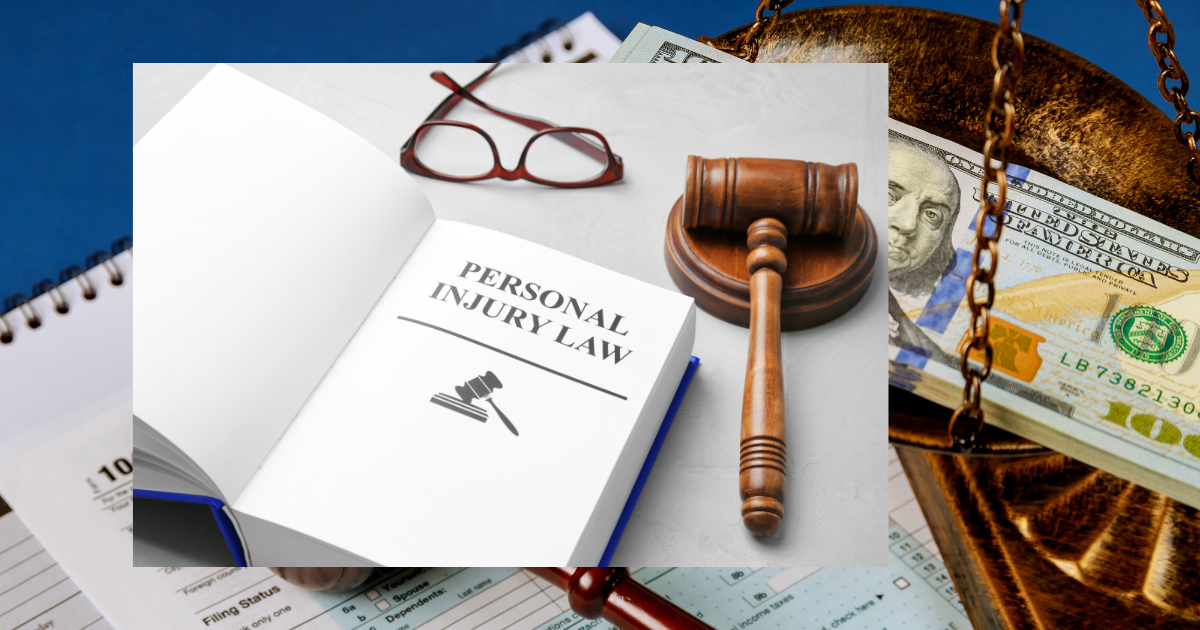The Racketeer Influenced and Corrupt Organizations Act (“RICO”) authorizes the filing of civil suits for treble damages and attorney fees by “[a]ny person injured in his business or property by reason of” engaging in certain prohibited activities. 18 U.S.C. § 1964(c). RICO was enacted as a prosecutorial tool for fighting organized crime. The Second and Ninth Circuits have held, however, that a civil RICO treble-damages claim can be filed for lost wages or other employment-related economic injuries resulting from a personal injury—such as in a product liability case—even though it is well settled that personal injury claims themselves are excluded from civil RICO. Plaintiffs’ lawyers have seized upon these holdings, with which at least three other circuits disagree, to attempt to transform ordinary product liability suits into civil RICO actions. Civil RICO’s broad venue and jurisdictional provisions enable plaintiffs to “forum shop” to courts that allow such personal injury-related civil RICO claims, and thereby not only seek treble damages, but also circumvent various States’ tort reform measures.
Case Background
The Supreme Court has granted certiorari in Medical Marijuana, Inc. v. Horn (23-365) to address the question of whether civil RICO encompasses claims for personal injury-related economic harm. Horn is a seemingly ordinary product liability suit involving a legal, non-psychoactive, CBD wellness product. The Second Circuit held, however, that the truck driver plaintiff, who lost his job after ingesting the product and then failing a routine drug test, can maintain a civil RICO claim for lost wages and other employment-related economic harm against the product’s producers.
The DRI Center for Law and Public Policy and the Atlantic Legal Foundation have jointly submitted an amicus brief urging the Court to hold that claims for personal injury-related economic harm are excluded from civil RICO. The brief was authored by Sarah Elizabeth Spencer of Spencer Willson PLLC. ALF Executive Vice President & General Counsel Larry Ebner, who currently chairs The DRI Center for Law and Public Policy, is co-counsel on the brief. In November 2023, ALF and The Center filed a petition-stage amicus brief successfully urging the Court to hear the case.
Amicus Brief (click here)
The amicus brief argues for a restrictive interpretation of civil RICO to prevent its application to personal injury-related economic harm claims. The Second Circuit’s interpretation allows for civil RICO claims in such contexts, a stance that ALF & The DRI Center contend is both incorrect and dangerous.
The amicus brief emphasizes the need to maintain the original legislative intent of RICO, which was enacted to combat organized crime and its economic impacts. Expanding civil RICO to include personal injury-related economic harm would lead to a significant increase in litigation costs and liabilities for businesses, particularly in the context of product liability and mass tort cases. This could have dire economic consequences, including increased insurance costs and stifled technological innovation.
By submitting this brief, ALF & The DRI Center aim to protect the integrity of the judicial system and prevent the misuse of civil RICO in scenarios it was not designed to address. The brief warns that allowing civil RICO claims for indirect business-related economic losses caused by personal injuries would dilute the statute’s potency and purpose, originally intended to dismantle organized crime structures.
The brief highlights the risk of an explosion of litigation if the Second Circuit’s interpretation is upheld. Such an outcome would motivate plaintiffs to engage in forum shopping, seeking favorable jurisdictions like the Second and Ninth Circuits, and exploiting the broad venue and jurisdiction provisions of civil RICO.

